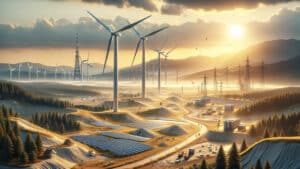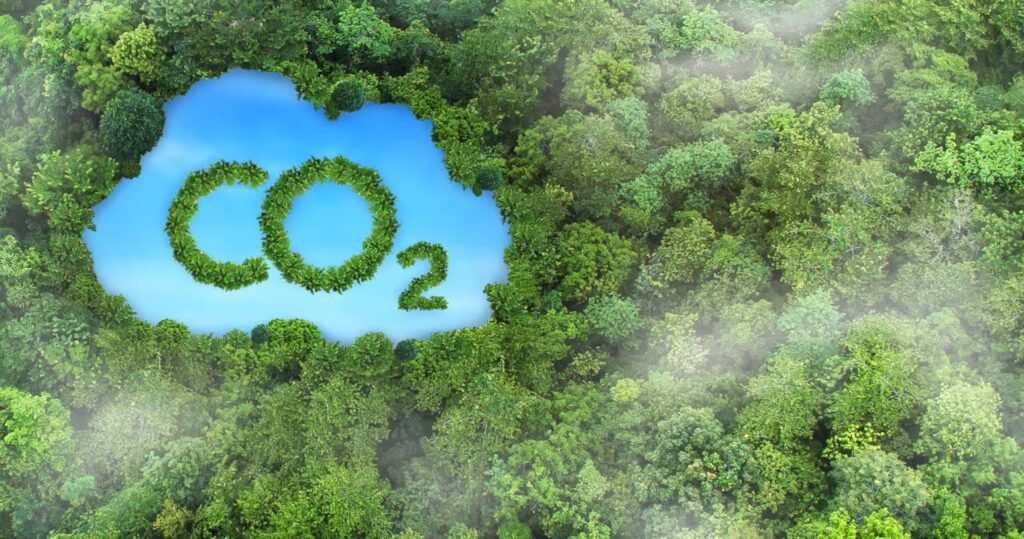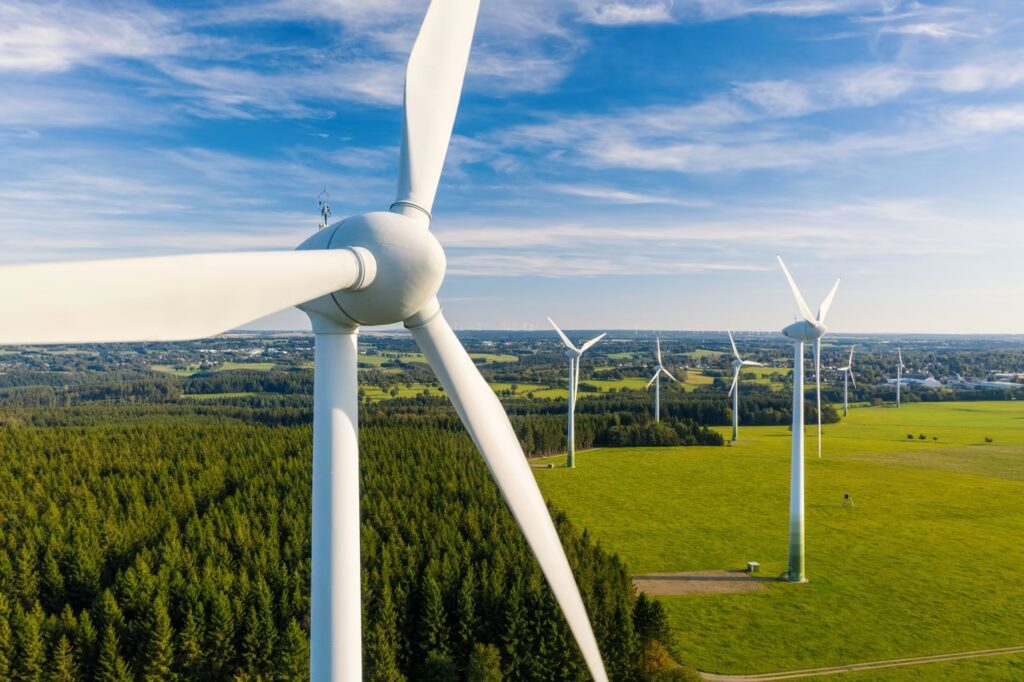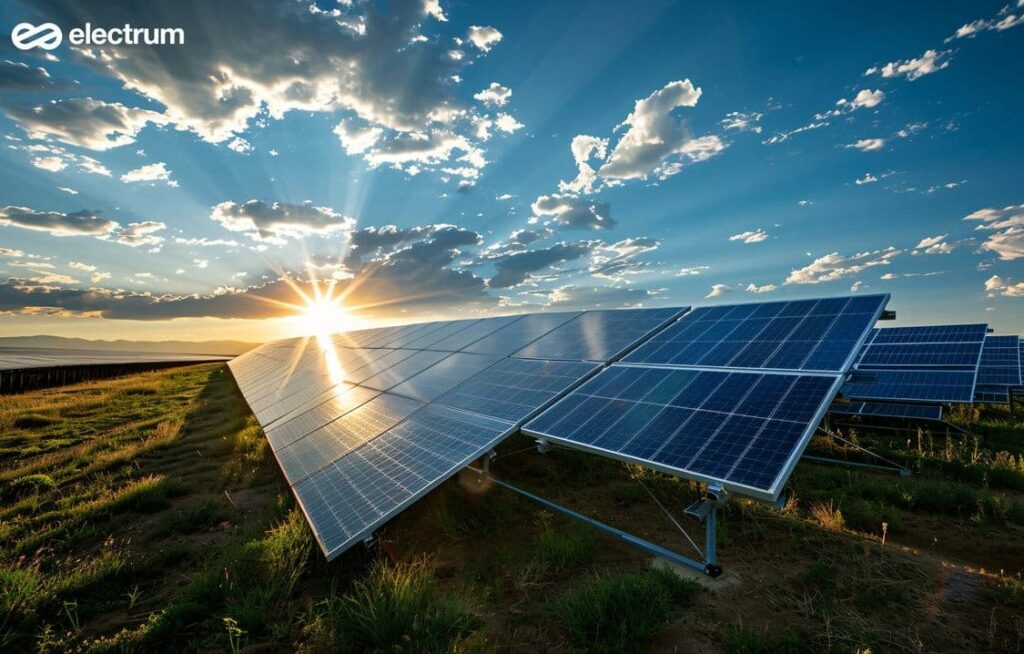
Renewable Energy Sources (RES) in Poland and the Future
Renewable Energy Sources (RES) are those that utilize natural resources, such as wind, sun, water, biomass, or geothermal energy, to generate electrical, thermal, or mechanical energy. RES are crucial for the sustainable development of national economies because they contribute to reducing greenhouse gas emissions, improving air quality, enhancing energy security, and creating new jobs.
Poland has ambitious goals for the share of RES in the country’s energy balance. According to Poland’s Energy Strategy until 2040, the share of RES in the final energy consumption is expected to increase to 23% by 2030 and 32% by 2040. To achieve these goals, Poland needs to invest in innovations and overcome challenges associated with RES.
Innovations in RES concern both the development of new technologies and the improvement of existing ones. Examples of innovations in RES include:
- Using artificial intelligence to optimize energy systems,
- Developing energy storage in batteries, hydrogen, or district heating,
- Building smart energy grids that enable better management of energy demand and supply.
Challenges related to RES in Poland are those that hinder their development and implementation. Examples of these challenges include:
- High investment and operational costs of some RES,
- Low social acceptance for some RES projects, such as wind farms or biogas plants,
- Lack of stability and predictability in legal and tax regulations related to RES.
RES are the future of energy in Poland because they offer many benefits for the environment, the economy, and society. To harness the full potential of RES, Poland must focus on innovation and overcome the challenges that stand in the way of the energy transition.




